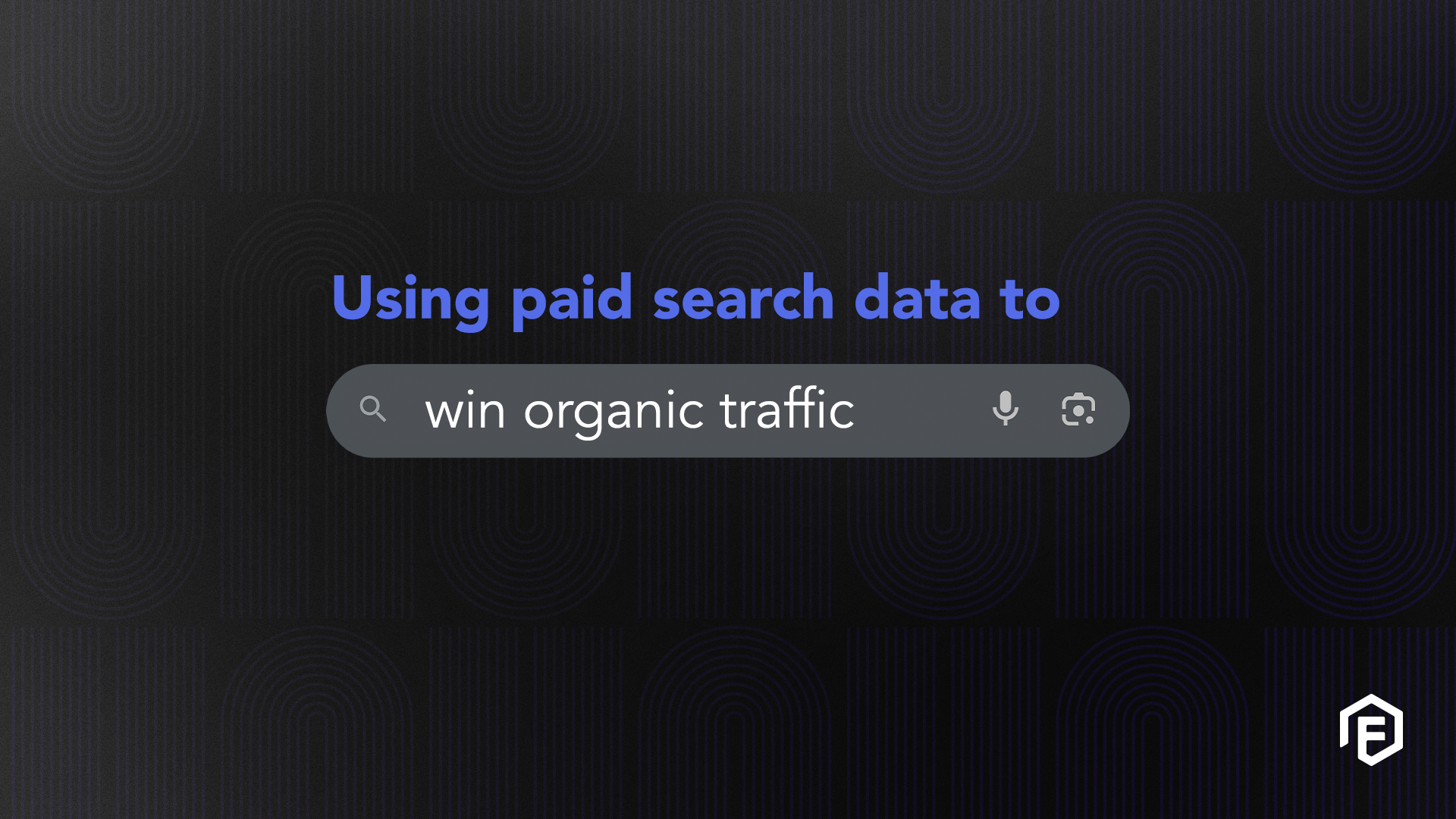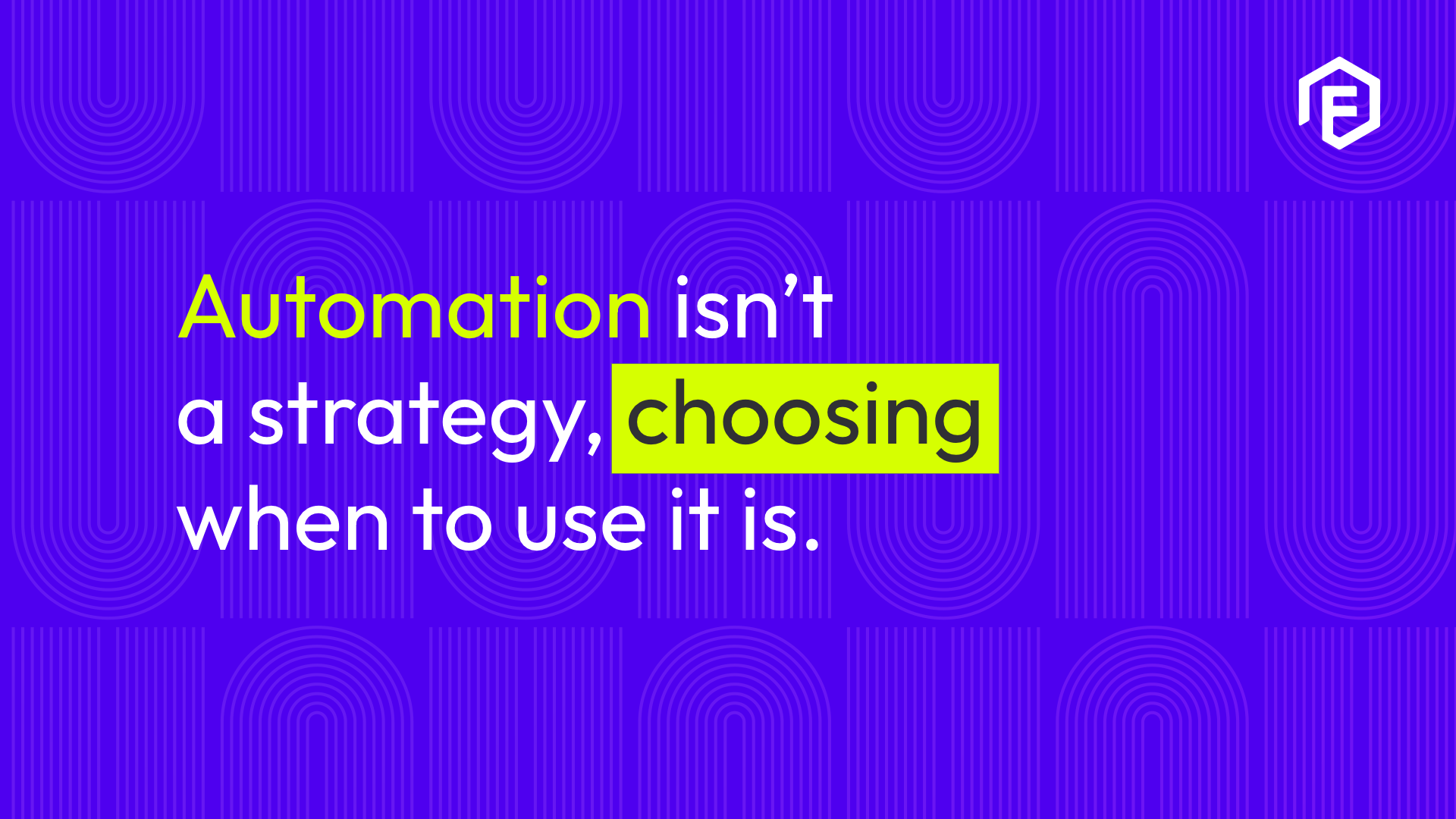Incorporating Social Media into SEO Strategies
When people look for things to buy or hunt for services to use, their first stop is usually a search engine like Google and, most recently, TikTok. And frankly, they’re more likely to go for a brand that appears at the very top of the search results. Marketing teams use SEO (search engine optimisation) to make a website more visible in online search results. But for this to work well, they also need a good content plan. This plan involves using tools like social media to increase the chances of showing up high in search results pages (SERPs). So imagine SEO as your golden ticket to the main event in search engine results pages (SERPs). And guess who’s headlining the show? Social media. As such, SEO and social media go hand in hand to make a website successful.
The Interplay Between SEO and Social Media
SEO and social media are intrinsically intertwined, forming a powerful synergy that can supercharge your online presence and engagement. While SEO lays the foundation for search engine prominence, social media takes it a step further by creating a dynamic platform for interaction, sharing, and community building, driving sustained organic traffic and maximising your digital presence. But what does that look like?
SEO, like Iron Man, is a tech-savvy strategist. Just as Tony Stark uses his genius to optimise his suits for maximum effectiveness, SEO fine-tunes your website to perform at its best. It’s meticulous, data-driven, and always seeking ways to improve visibility and relevance in the digital world. Social media, like Spider-Man, is all about connecting with a wide audience and swinging through various platforms. Just as Peter Parker navigates the city, social media platforms are dynamic and ever-changing. They engage with people in real time, sharing content and building relationships.
Ultimately the two collaborate to save the day. This dynamic duo ensures that the website doesn’t just exist in the digital landscape, but truly thrives and connects with its audience in meaningful ways. Okay, but how do you merge the two? That’s the fun part.
Ways to Incorporate Social Media into SEO Strategies
Integrating your SEO and social media efforts can create a more holistic and effective online marketing strategy. The goal is to create a seamless user experience across both your website and social media channels. By integrating these strategies, you can strengthen your online presence and increase your chances of ranking higher in search engine results pages, something the SEO team at Flume is renowned for. Here are some practical steps to follow:
Share and promote content:
Sharing high-quality, relevant content on social media platforms can increase its reach and visibility. When people engage with this content, it can lead to more traffic to your website, which is beneficial for SEO.
Use backlinks:
Social media profiles are often considered authoritative sources by search engines. When you share content on social media and it gets linked back to your website, it can contribute to your website’s backlink profile, which is an important factor in SEO.
Optimise Images and Videos:
Use descriptive file names and alt text for images and videos. This helps search engines understand the content and can improve visibility in image searches.
Monitor brand signals:
Social media activity can send positive signals to search engines about the credibility and popularity of your brand. This can indirectly influence search rankings.
Engage with your audience:
Engaging with your audience on social media can lead to increased website traffic. If this traffic engages with your content, spends time on your site, or makes purchases, it sends positive signals to search engines.
Use local SEO:
For businesses with physical locations, social media profiles can contribute to local SEO efforts. Accurate and consistent information on platforms like Google My Business and Facebook can improve your local search visibility.
Use relevant keywords:
Social media platforms can provide valuable insights into the language and phrases your audience uses. This information can be used to inform your SEO strategy, helping you target the right keywords.
Optimise Social Profiles:
Ensure your social media profiles are complete, accurate, and consistent with your brand. Use relevant keywords in your bio and description. Active and engaged social media profiles can contribute to your brand’s authority and trustworthiness. This can indirectly impact your SEO efforts.
Collaborate with Influencers and Partners:
Partner with influencers or complementary businesses for co-promotions. Their audience can introduce your brand to a wider audience.
Leverage User-Generated Content (UGC):
Encourage your audience to create content related to your brand or products. Share and credit their content on your social platforms.
SEO and social media are a dynamic duo that ensures your brand not only stands out but dominates in the competitive online landscape.
By creating and sharing high-quality, engaging content, optimising your social profiles, and fostering meaningful interactions, you not only boost your brand’s visibility but also strengthen its authority. Using social media alongside SEO allows you to reach a wider audience, build lasting relationships, and ultimately, win big in the online game. Keep in mind that consistency, adaptability, and a keen eye on performance metrics are key to a successful integration of social media into your SEO efforts. Our SEO team can spice up your online game and seamlessly integrate social media for you, so get in touch with us today.
Flume is an independent, full-service digital marketing agency providing services that include SEO, web design and development, public relations, media buying, client service, UX/UI, and creative production. For more information visit www.flume.co.za or email us at [email protected] to say, well, “hello”.



